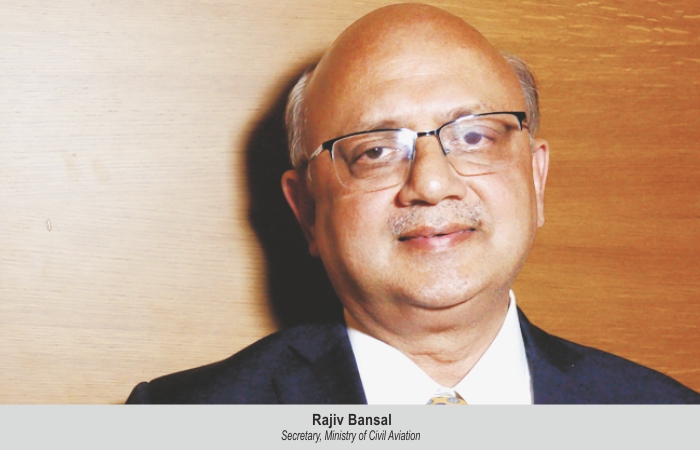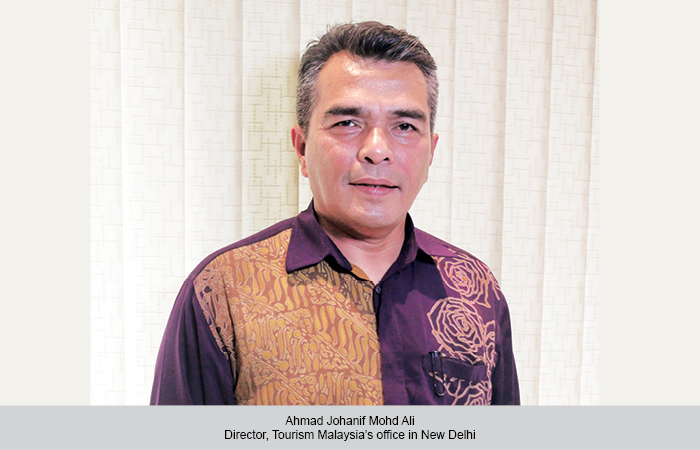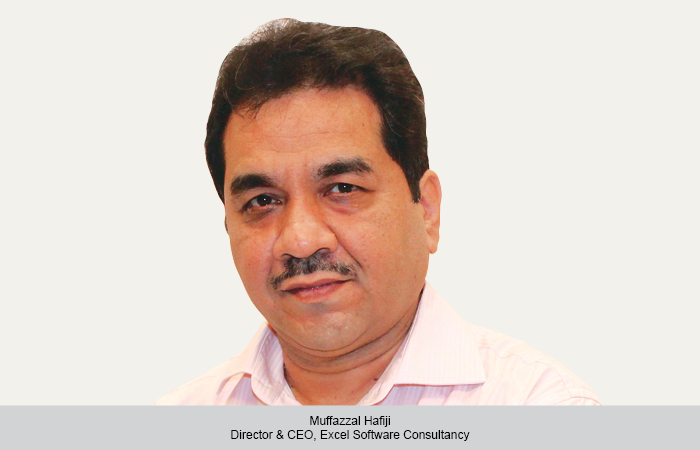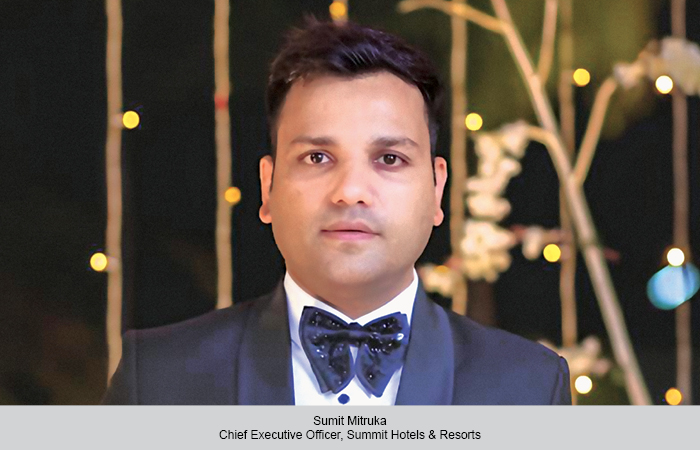Keeping in view the increasing craze among travellers for Tbilisi, Baku, Almaty, and Tashkent in Central Asia, the Ministry of Civil Aviation plans to connect the offbeat destinations. Starting this month, all these places will be connected from India, says Rajiv Bansal, Secretary, Ministry of Civil Aviation.
Ritika Arora Bhola
Rajiv Bansal, Secretary, Ministry of Civil Aviation (MoCA), while addressing a gathering at PHDCCI Global Aviation and Air Cargo Summit in New Delhi recently, said that 2023 is the year of unprecedented growth for the Indian aviation industry. “In the ‘Amritkaal,’ i.e., the next 25 years, India will witness enormous infrastructural growth. At present, we are a $3.5-trillion economy. Considering the overall economic growth and ongoing developments, the ministry has a vision of achieving $32 trillion by 2047,” he said.
Focusing on the Indian airports, he highlighted that not only the numbers of airports have doubled in the last few years in the country, but also the existing airports are adding capacities to meet growing demand. “There are very few airports in the world with a capacity of 100 million. Hartsfield-Jackson Atlanta International Airport being the biggest airport in the world has 108 million passenger capacity. Interestingly, IGI Delhi International Airport Limited (DIAL) is expected to reach 100 million passengers per annum capacity by September this year. Apart from DIAL, other metro airports like Mumbai International Airport Limited (MIAL), Bangalore International Airport Limited (BIAL), GMR Hyderabad International Airport Limited (GHIAL), as well as Chennai and Kolkata are also adding capacity,” he said.
“Construction is going on for a new airport in Navi Mumbai with much greater capacity. Roughly, all the six metro airports in the country together will have 400 million passenger capacity per annum in the next few years,” he said. “One must note that these are not hypothetical figures; these are projects on ground,” he added.
Focusing on the Indian airlines, Bansal said, “Even during a worldwide crisis like COVID-19, India had a birth of an airline – Akasa Air. The carrier is now all set to add its 20th aircraft in August for both domestic as well as international operations.”
Recently, Air India placed an order for 470 aircraft, whereas IndiGo placed an order for 500 planes. “Aircraft manufacturers like Airbus and Boeing, OEMs and engine producers like Pratt Whitney are actually finding it difficult to cope up with the surging demand arising out of India. With this kind of growth, India is ready to become the global powerhouse. This kind of growth is across all the spectrums – small and big aircraft and airports,” Bansal highlighted.
Throwing light on the increasing craze for offbeat destinations like Tbilisi, Baku, Almaty, Tashkent in Central Asia, Bansal said, “We never had flights to these places. Many of us didn’t even know where these locations are, and now we are offering connectivity to these places. We started five flights a day to Vietnam, by Vietnam carriers, IndiGo is going one flight in a day now. We have regular flights going to Indonesia, Bali, Jakarta, Medan, Cambodia, and Myanmar. These destinations were never connected, but from August, all these places will be connected from India.”
Bansal stressed upon the need for sustainable growth. “The Prime Minister and MoCA have committed a net zero target by 2070. Aviation is one of those sectors where it is very difficult to reduce greenhouse gas emissions. We have seen the first electric passenger 10 to 12-seater aircraft in Norway and Sweden, which has just started flying but looking at a 777 king of aircraft A350 powered by electricity, there is still a long way to go. Till that time, maybe SAF (Sustainable Aviation Fuel) will power our engines, but it is not easy
because the fuel is scarce and moreover it is very expensive. Hence, the future is bright, there is optimism, clear goals and vision, and we are charting on the right path,” he concluded.
 TravTalk India Online Magazine
TravTalk India Online Magazine





